What is the perfect SUV for towing?
QUESTION
Hi John,
I have to come to a conundrum in finding the right new vehicle. A reasonable amount of research and in particular, going through a lot of your own articles has led me to believe the proverbial 'right' car for my needs might not exist. If you can please help me in getting the closest option.
Here are the needs:
Towing - I have Jayco Swan camper: tare 1350kg, add a battery, water, accessories etc., I am about 1600kg for towing capacity.
Touring - I go on about 4 to 5 trips a year - small trips and camping. Generally, it’s about 3 hours’ travelling distance and once every two years I go on a 9 to 10 hour travelling distance trip (interstate on the coast). (Travel distance is one way).
Of the smaller trips, most are on sealed roads with one or two that would have the last 5 to 10kms on dirt roads. Definitely not 4x4 roads, just 'good' sealed roads. I would never travel on a bad sealed road or one that is suspect (or prone to wet season). Pick the right times to go (as best as I can).
Commuting - The same car I would need to drive to work with which is about 30km through Melbourne city, in bumper to bumper traffic. I do this about 2-3 times a week and work from home the other (Welcome COVID). I know this throws a lot of the possibilities out. Just cannot afford two cars; one for work and one for towing.
Size - I’m looking at a medium SUV rather than large SUV; it’s just my wife and I, and potentially one child sometimes). I don't need 4x4 as that is never my intention to go into that terrain but prefer AWD and prefer to turn off AWD when city driving.
So, I cannot seem to find the right vehicle to match the requirements:
- Towing capacity 2000kg a little room for 'grunt' when I need it
- Medium SUV
- AWD with ability to turn off in CBD driving
- I don't see diesel as practical due to DPF and city driving, but happy for you to convince me otherwise.
Other than the CX-5, I cannot get enough towing capacity and torque in a medium SUV that meets the need. The CX-5 or CX-9 are turbo 4-cylinders, which I don't know how long term they are for constant towing on the 3 or 4 plus towing trips per year. I also note, I recall, your mentioning to the Mazda CX-5 as 'soft' SUVs. Will this be OK for what I want to do?
The RAV 4 has a towing capacity of 1500kg which is not enough, realistically.
As I don’t think I can get what I need in a smaller SUV, I potentially see the Kluger or Santa Fe as options, be it larger SUVs but the Sante Fe is only 2WD in petrol, but 4WD in diesel.
Finally, I prefer cars from good companies that do the right thing in aftersales (and I note your articles on this).
Any suggestions, please?
Thanks,
Mark
HELPFUL TOWING LINKS FOR FURTHER INFORMATION
What should I do about my ute overheating while towing?
Is the RAM pick-up truck suitable for extreme towing?
Which 4WD wagon is best for towing: Everest, Prado or Pajero Sport?
How to do heavy towing: A dummy’s guide hitching up >>
My Complete Heavy Towing Guide: GVM, ATM, towballs >>
How to bend your ute: Triton chassis-snapping truths >>
Load levelling and weight distribution hitches: Know this >>
My AutoExpert AFFORDABLE ROADSIDE ASSISTANCE PACKAGE
If you’re sick of paying through the neck for roadside assistance I’ve teamed up with 24/7 to offer AutoExpert readers nationwide roadside assistance from just $69 annually, plus there’s NO JOINING FEE
Full details here >>
ANSWER
Mark,
Please bear in mind that I value the facts over appeasing people. It’s an engineer thing. Your requirements are a little bit crazy. Not functionally insane. Borderline.
You need to know how much your van weighs, fully loaded, in its most heavily loaded configuration, and also the static towball download it imposes on the vehicle when loaded in this way. It is imperative you do not guess or use spooky mental superpowers to determine these loads. Measure them at the nearest public weighbridge - you can measure both things at the weighbridge. The dude driving the weighbridge can talk you through it.
I agree that 2000kg sounds like a plan - but not for the reason you state. Choose a grunty powertrain for grunt (2.5T Mazda: approved). Choose a tow capacity with 10-20 per cent margin over the measured maximum weight of the van (known as the ATM - for aggregate trailer mass) for compliance with the limits plus a reasonable margin for safety/error.
Medium SUV - OK, I get that this is a preference, but it’s kinda like me preferring to be Dirty Harry. It’s not practical.
See, CX-5 (and I agree it’s one of the better medium SUVs on towing) has a space saver spare which sucks for adventuring, and a maximum towball download capacity of 150 kilos, which you are probably going to exceed if your van actually weighs 1600kg loaded. So there’s that. (Towball download is typically 10-12 per cent of ATM - and you need it to be in this ballpark for dynamic stability. If it’s not about that, this can happen: https://youtu.be/P7-rcSE7s6k
You really don’t want that - so un-loading the towball to comply is a poor choice (I mention this only because you might consider this to be a workaround - it’s not).
Ability to turn off AWD for CBD driving is clinically insane. There is no disadvantage to AWD in this environment and it’s a distinct advantage getting off the mark and at low speeds, and at other times. (It typically disengages automatically from about 40-50km/h in most on-demand AWD systems.) There’s no ontologically objective reason for this requirement of yours, so I’d be dropping that.
You most probably need a larger SUV, like a Sorento or Santa Fe for this. Diesel is the pick - Hyundai-Kia diesels are quite good at passive regeneration (of the DPF), meaning during normal driving, so I wouldn’t worry too much about city operation (except to say that it’s good for all cars to get out on the highway more often than most owners manage to get them there). Diesels also make a lot more low and mid-rpm power than petrols, which makes them significantly better tow platforms. I’ve never had an owner complaint about a Hyundai-Kia DPF. Never.
Santa Fe and Sorento are the same engineering fundamentals (structure and powertrain, tech, etc) with different styling. Kia has a 7yr warranty. Hyundai: 5. Interestingly Kia offers 2000kg towing with 200kg on the towball while Hyundai offers 2500kg/200kg. This is an example of Kia being more conservative in its durability and/or safety evaluations for towing in this market. In any case, either vehicle will be perfect for your towing assignments - and they both have full-sized spares as well as being pleasant to drive. (And they’re not much bigger than a CX-5. CX-5 is 4.55m long. Santa Fe is 4.77m long. The difference is roughly a single handspan.
And - yeah - unfortunately they cost more.
I know none of this is probably what you wanted to hear - but I really think it’s preferable to sidestep various disasters here and actually tow what you want to tow safely and comfortably.
You might like to digest all that, and if we’re still speaking, please let me know what you want - we can get you a discount on it.
Sincerely,
JC
LIVESTREAMS
Don't forget to join me for my 'Ask Me Anything' Q&A livestreams on YouTube (Sydney time).
Subscribe to my YouTube channel and hit the bell icon to get an alert you every time I go live.

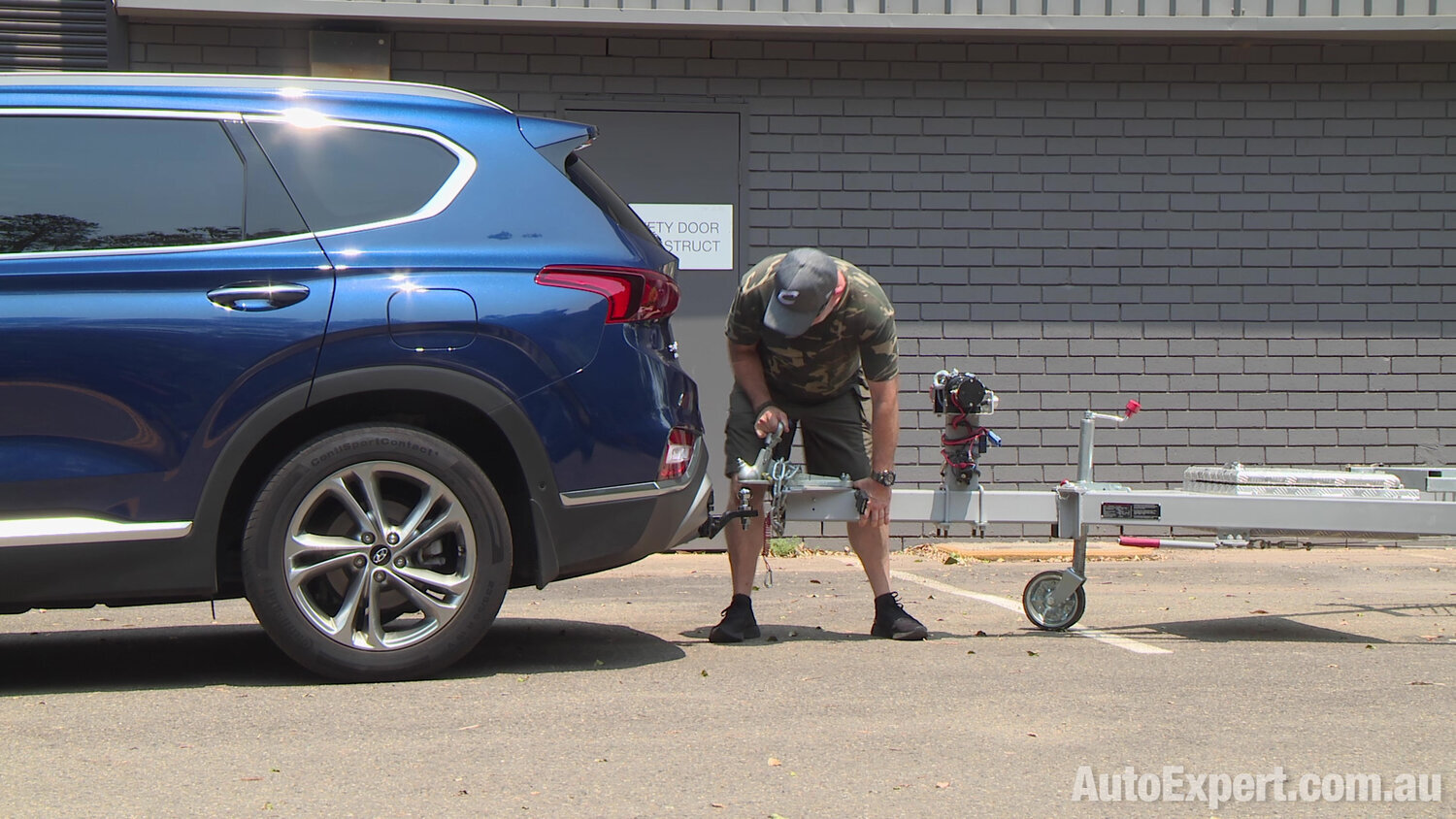
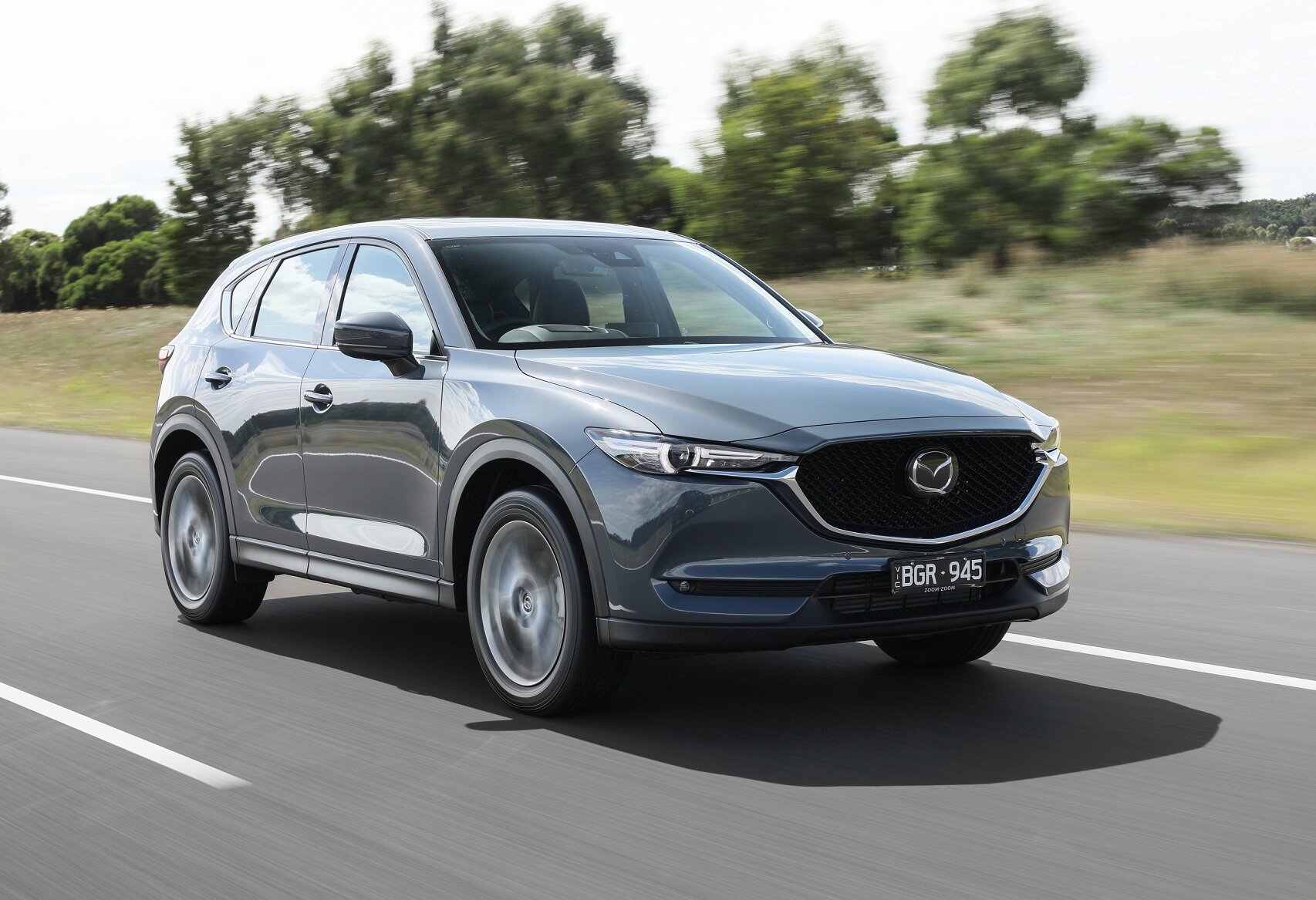


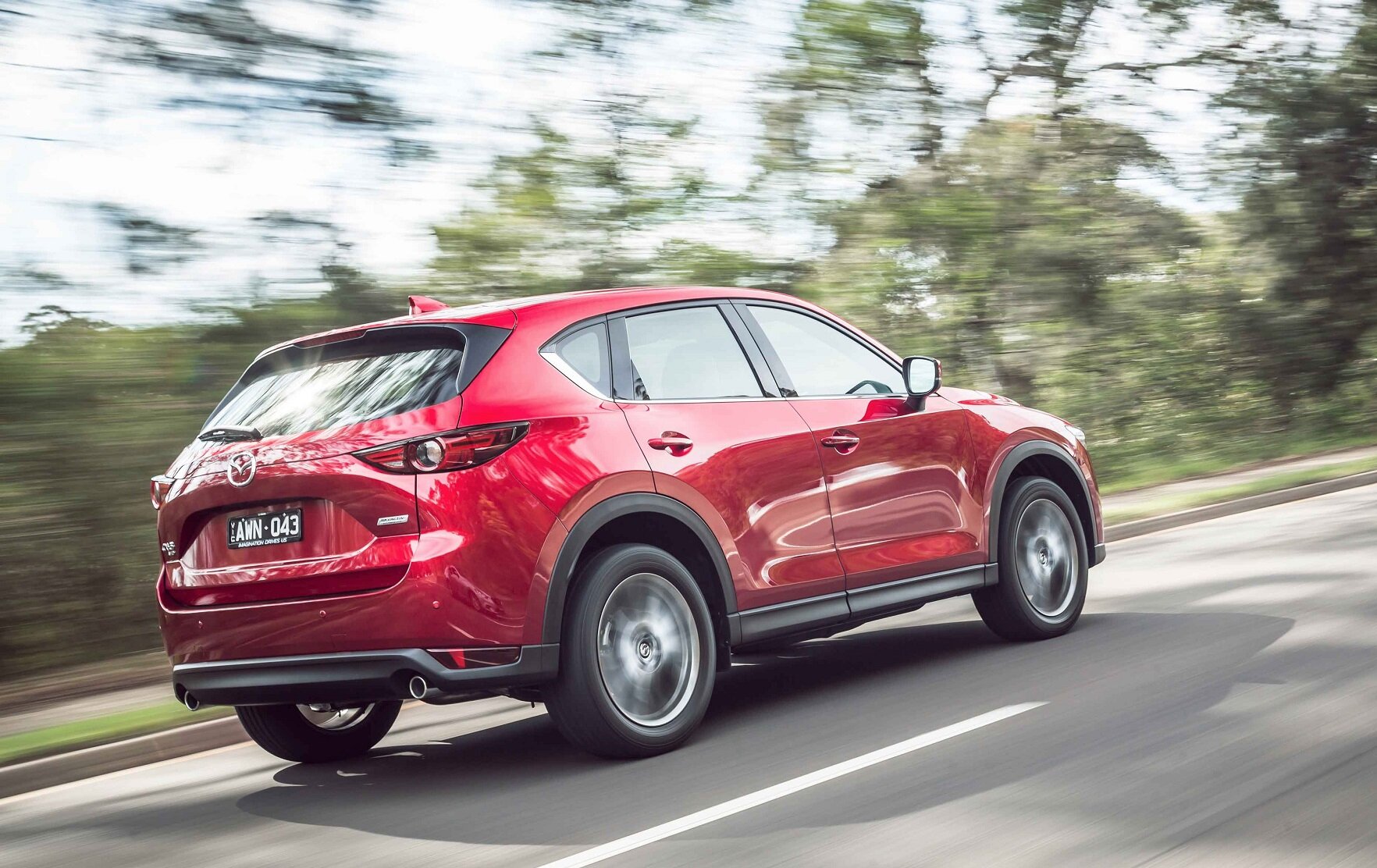
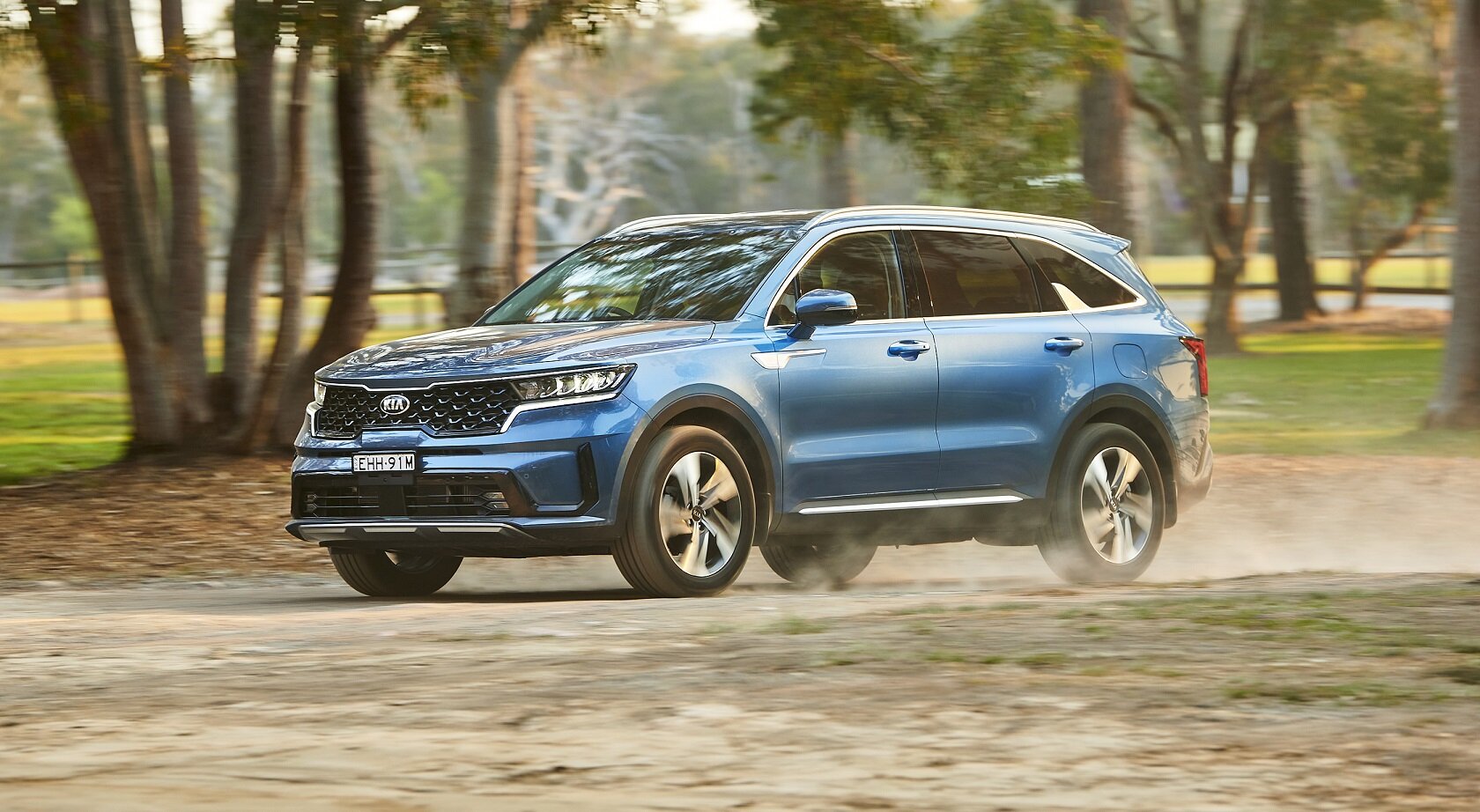
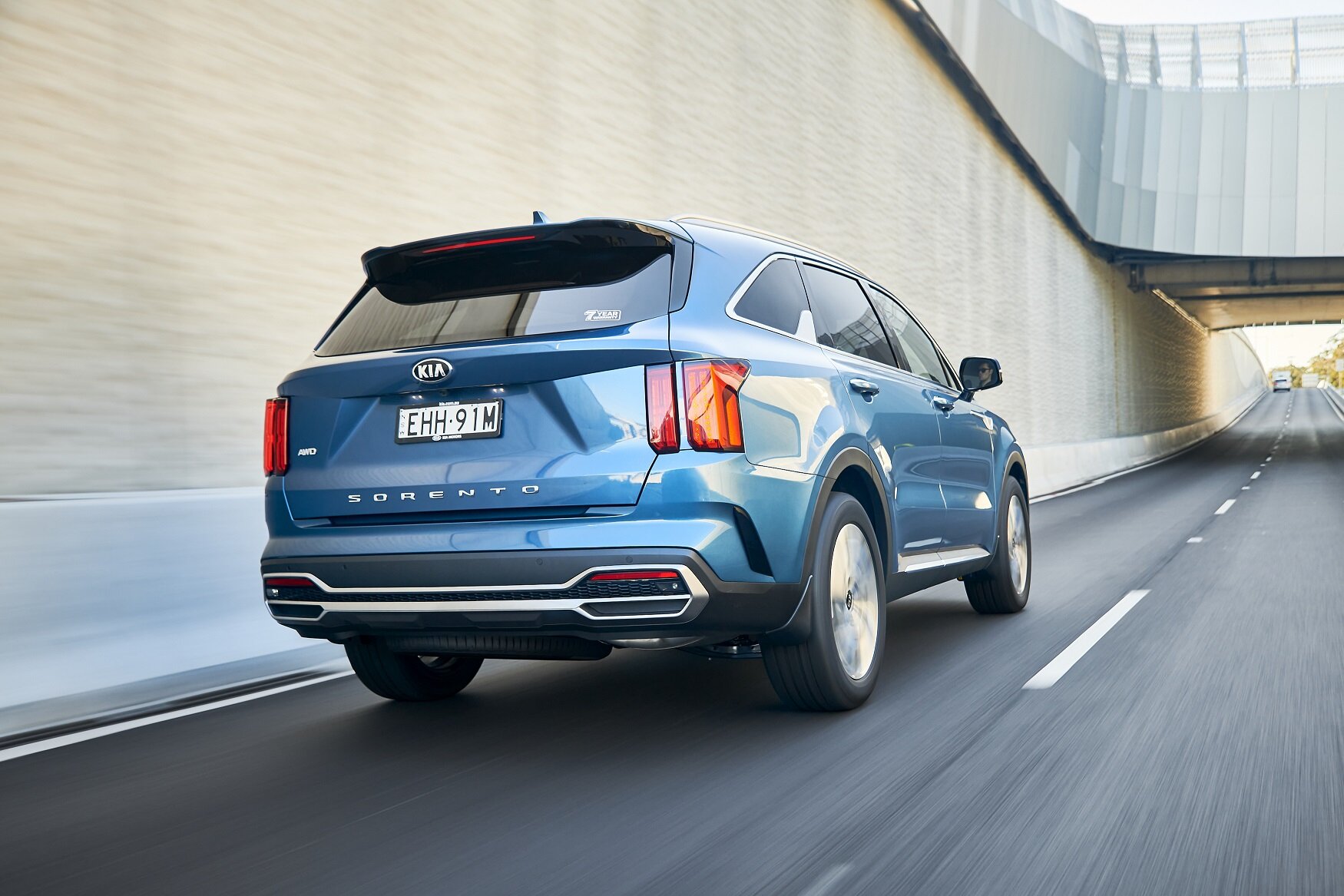
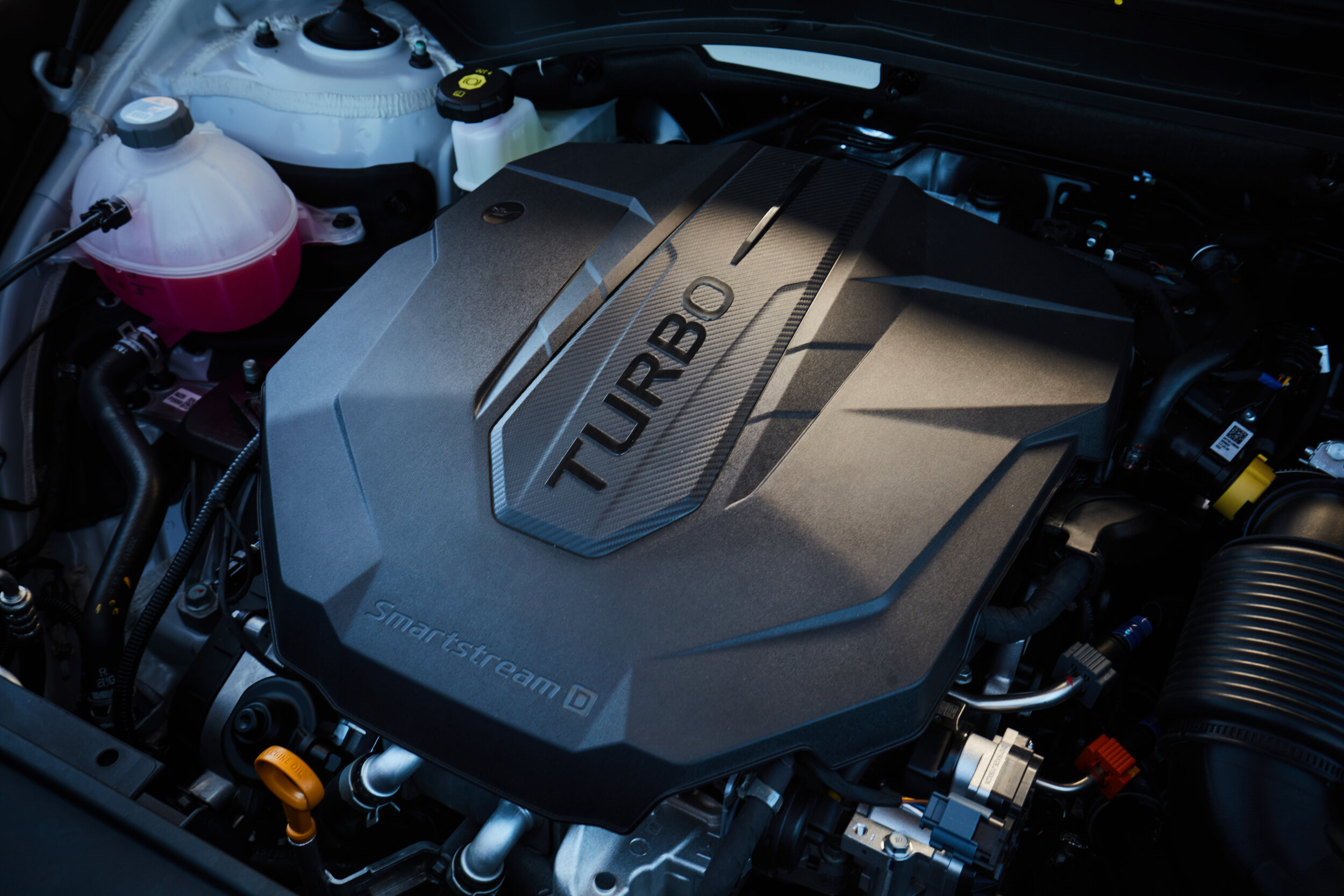


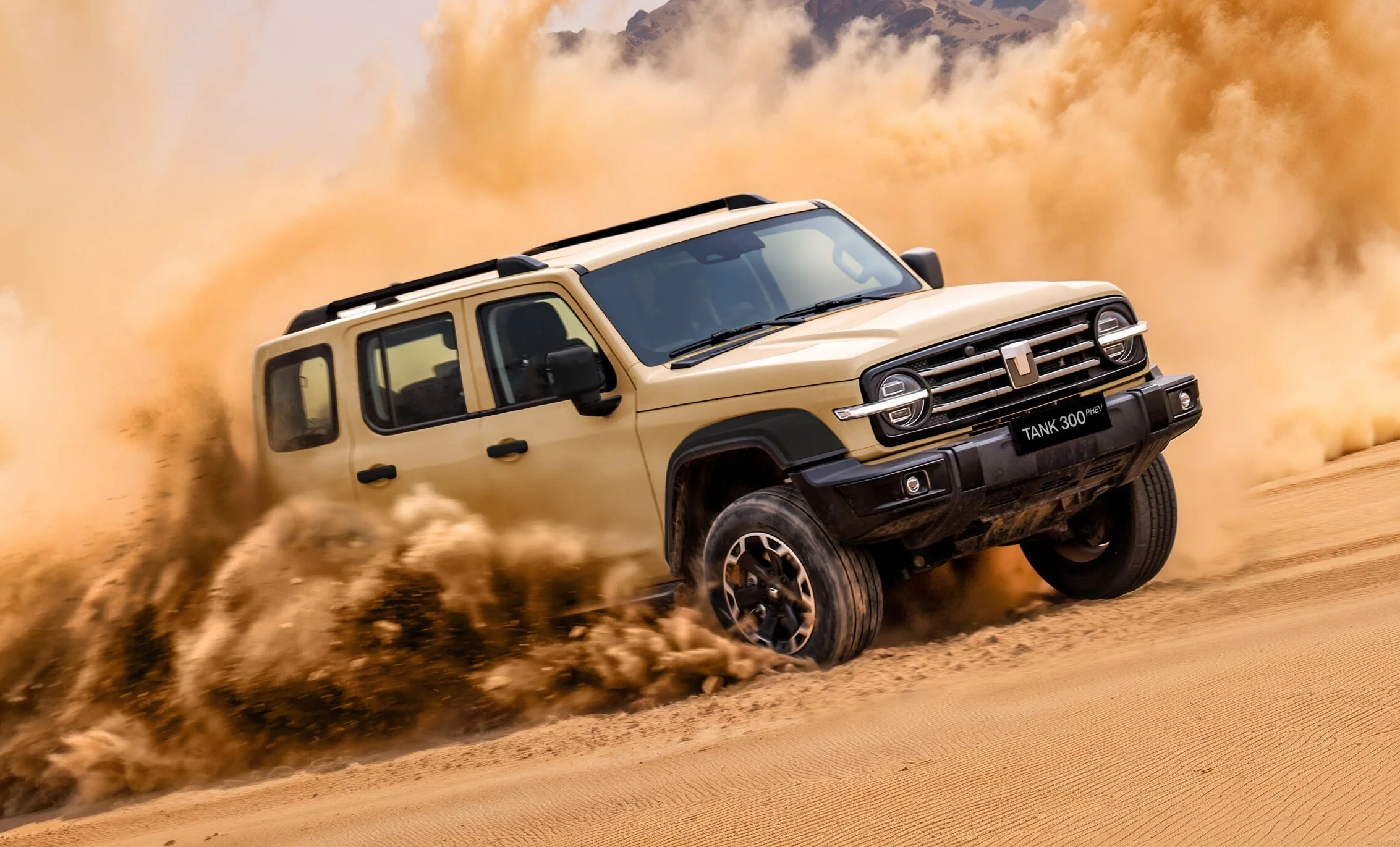


Just because a ute is cheap, that doesn’t mean it’s worth the money. Is the GWM Cannon more than just a cut-price Ranger wannabe? Can it offer towing, off-roading capability and robust design to compete with the big brand dual-cab utes like Hilux and Triton?